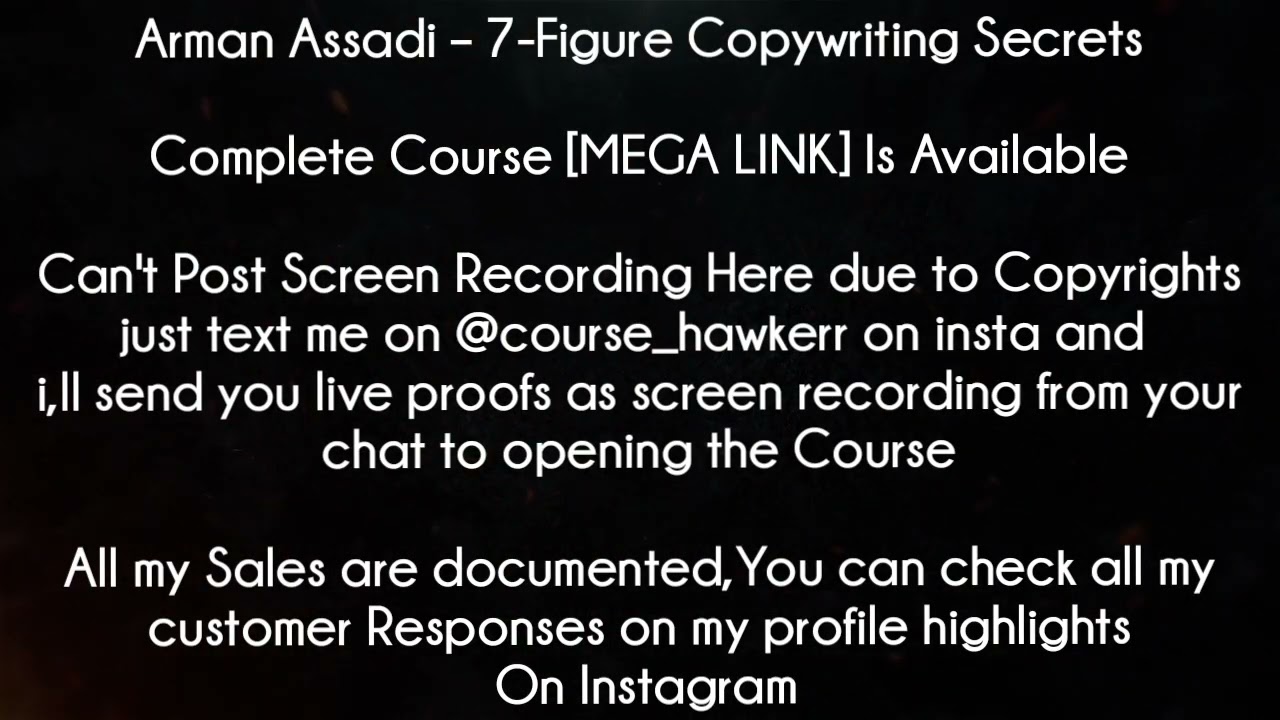In my interview with negotiating expert Jim Camp, I was surprised when he declared that Leading Closing Questions which I had learned in my first sales book, Zig Ziglar’s “Secrets to Closing the Sale” were not effective in negotiation. Some examples of these questions are “Don’t you think this is the greatest thing you’ve ever seen? Don’t you think this would really make you happy? Isn’t this something you think you ought to do? Doesn’t this get you excited? Aren’t you excited about this?”
So why don’t these questions work in negotiations? It’s just too easy for the other side to say no, and then where are you? You end up stammering and tripping over yourself because they caught you off guard.
But don’t people usually say yes to these questions? Sure, but what is their motivation. Is it that they really agree or is it that they don’t want to hurt your feelings by saying no? They are trying to avoid the conflict of having to say no to someone. But, that just creates resentment in their mind for having been put on the spot.
Instead of verb-led questions, Jim Camp suggests using interrogative questions that can only result in a detailed answer from the other person.
For example, instead of asking “Doesn’t this get you excited,” try asking “What would excite you in a product like this?”
Instead of asking, “Isn’t this something you ought to do,” try asking “What do you think you ought to do?”
The answers you get to these questions will be much more indicative of which way you should continue the negotiation. Instead of getting a forced “yes”, you now have real information to work with.
The goal of your questioning should be to create vision in the other person’s mind. Ideally, you want to create a vision which includes your product or service.
Your prospects decision will be based on what their vision is of the issue. By asking the proper questions, you will be forming in their mind a vision of a suitable outcome and at the same time you will be able to see if what you have to offer fits.
You may end up discovering that their vision is not at all in line with what you can help with. In that case, it’s your responsibility to be honest about this and end then negotiation or suggest an alternate solution.
However, if you see that what you can offer will help, you need to continue with questions that allow the person to see where your offering fits in their vision. Once you do this, you have become a master negotiator. How will you apply this in your business?



